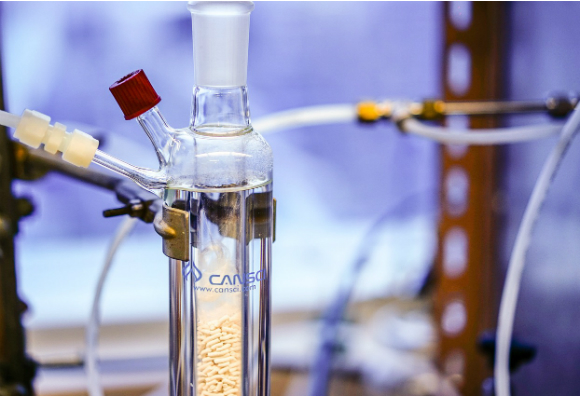Science apprenticeships: what could I do?
- Last updated 23 Jun 2022

Calling all budding Einsteins: if you’re great at science and want to get on the career ladder then look no further.
Laboratory and science technician apprenticeships
You’ll train as a junior laboratory technician and learn practical scientific skills. The nature of your work will depend on your employer, but whether you work for a pharmaceutical company or a university, you’ll probably be part of a team of other scientists and technicians.
Your work might include:
· helping collect and analyse samples
· preparing cultures or specimens
· setting up experiments
· recording and presenting data
You might also be responsible for ordering and controlling laboratory stock and supplies, and making sure laboratory equipment is clean and in good working order.
During your apprenticeship you’ll learn about the fundamentals of science, pick up practical skills and take a qualification in applied science.
Intermediate level apprenticeship
You could train in roles like:
· laboratory technician education science
· laboratory technician
· laboratory analysis technician
· laboratory manufacturing technician
· medical laboratory assistant
Advanced level apprenticeship
You’ll take on more specialised roles like:
· laboratory researcher / technician
· laboratory manufacturing technician
· fermentation laboratory technician
Chemical science apprenticeships
Chemistry has emerged as a central science that ties together a multitude of scientific roles, and the modern world has become dependent upon chemical science for the manufacture and development of synthetic materials, the formulation of new consumer products and the breakthrough innovation of new molecules for medicine.
Chemists are not only required to create these products, they must do so through efficient and safe means for their production, packaging, usage, and possible recycling.
As the global population has peaked, the role of the chemical scientist in food security, environmental protection and medical breakthroughs required for the growing world has significantly increased in importance.
Example units:
Inorganic chemistry
Organic chemistry
Physical chemistry
Laboratory techniques
Analysis of scientific data & information
Work-based experience
Laboratory management
Industrial chemistry
Life sciences apprenticeships
These focus on in-depth high level life sciences knowledge that is applied in a work setting, so the apprentice gains the hands-on practical experience not traditionally provided through an undergraduate degree programme.
Topics include:
Industrial microbiology
Biochemistry of macromolecules and metabolic pathways
Cell biology
Laboratory techniques for applied biology
Analysis of scientific data and information
Physiology of cellular systems in animals
Statistics for experimental design
Neurophysiology and homeostatic control of the human body
Molecular biology and genetics
The immune response system
Infectious diseases
Pharmacological principles of drug actions
Medicinal chemistry
Nanotechnology
Chemistry for applied biologists
Bioinformatics
Human health and nutrition
Physiological principles for health and social care
Quality assurance and quality control
Professional competences
Read more:
Engineering apprenticeships
Tech apprenticeships
More articles like this
- Apprenticeship Wage
- Traditional apprenticeships: what could I do?
- 10 Job Search Commandments from an Apprentice done good
- What happens after a Traineeship?
- Marketing apprenticeships: what could I do?
- Why do a Traineeship?
- Apprenticeship CV Mistakes
- What expenses can I claim on a traineeship?
- What Apprenticeship is right for me?
- Why do Tech Levels?